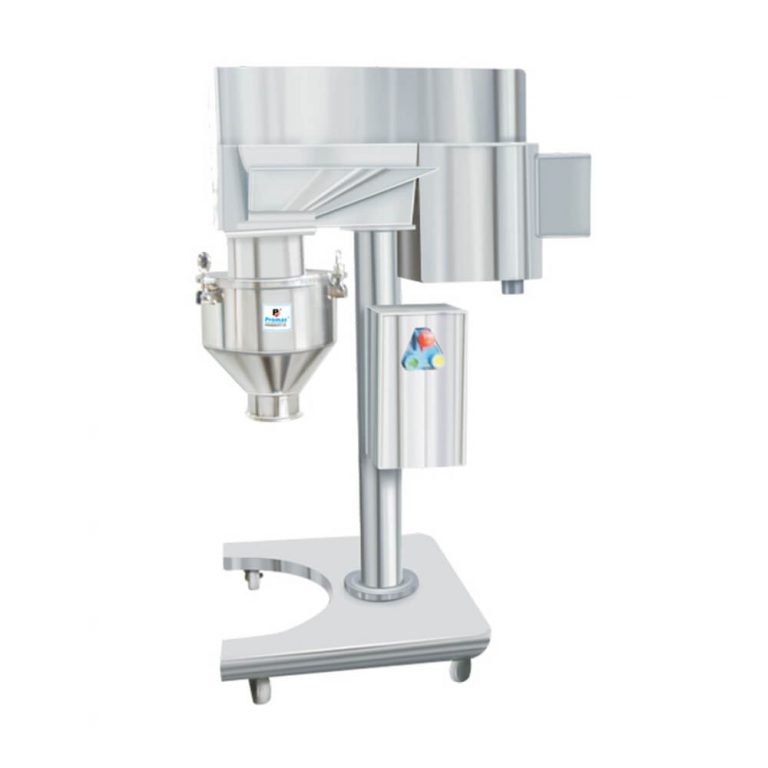Jobs in the pharmaceutical industry are interested in many areas of pharmaceutical product development, production, and delivery. Pharmaceutical operators deal with devices that conduct such tasks as capsule filling and tablet consistency and weight inspection. Pharmaceutical distribution agents market and deliver pharmaceutical drugs to pharmacists, drug shops, and medical professionals and add new goods. The pharmacy and drug manufacturing industry employs approximately 281,440 people.
There are four major branches of the pharmaceutical sector, or simply the drug industry: research and development, manufacturing, management, and distribution.
Professionals in research and development build novel drug drugs and strengthen existing ones. Products developed by research and development experts are produced by manufacturing staff known as pharmaceutical operators as a whole. Many of these workers work on assembly lines, tending machines to measure, weigh, combine, and granulate different chemical materials and components that are then processed in forms such as pills and capsules. The completed items are also tested by these workers, searching for such inconsistencies as bent tablets and unfilled capsules.
In the area of manufacturing, there are a variety of unique work designations, while more drugmakers are opting to have their drugs made overseas. The operators of capsule filling machines operate machines that fill medication with gelatin capsules. They shovel hollow capsules into a hopper for packing and medication into a hopper for filling. These operators check the capsules for proper loading and signs of breakage after the loaded and sealed capsules are ejected by the machinery. They can also spot-check individual capsules or batches by matching their weight on a weight specification sheet with uniform estimates. For eg, this procedure is used for certain antihistamines, supplements, and general pain relievers.
Depending on their boss, biotechnology manufacturing staff have a range of responsibilities. “Biotechnology manufacturing jobs are usually divided into upstream processes, the early part of the production when proteins are produced by cells in the fermentation process, and downstream processes to fill and package the final product for sale,” according to Careers in Biotechnology, by Gina Friedman-Hunt and Julie Solberg.
There are also a wide variety of occupations active in the pharmaceutical industry’s manufacturing business. Hand packers and packagers extract loaded cartons from conveyor belts to and from the shipping departments and carry other completed pharmaceutical goods. Mechanics for industrial equipment guarantee that the machinery is operating correctly and at maximum output potential.
Administrative roles form the third main branch of this sector. Production managers guide staff by arranging assignments and deadlines in the manufacturing sector. Such staff also monitor plant practices and implement safety and health laws, track effectiveness, and arrange job assignments. They also guide and plan shipping department duties that pack and load pharmaceutical goods for delivery.
The completed items are sold through the division of distribution. Pharmaceutical distribution officers provide hospitals, independent medical providers, pharmacists, and convenience shops with pharmaceutical medications and associated products. Telephone calls and office visits allow representatives to keep in touch with consumers, monitor inventory, and launch new goods. Also, where available, reps augment free previews of new items with written literature. For eg, sales reps can prefer to advertise some vitamins and other dietary supplements, pain relievers, and supplies of general health care. To retain their position or surpass requirements to get rewarded, pharmaceutical sales reps also have to follow sales targets.



